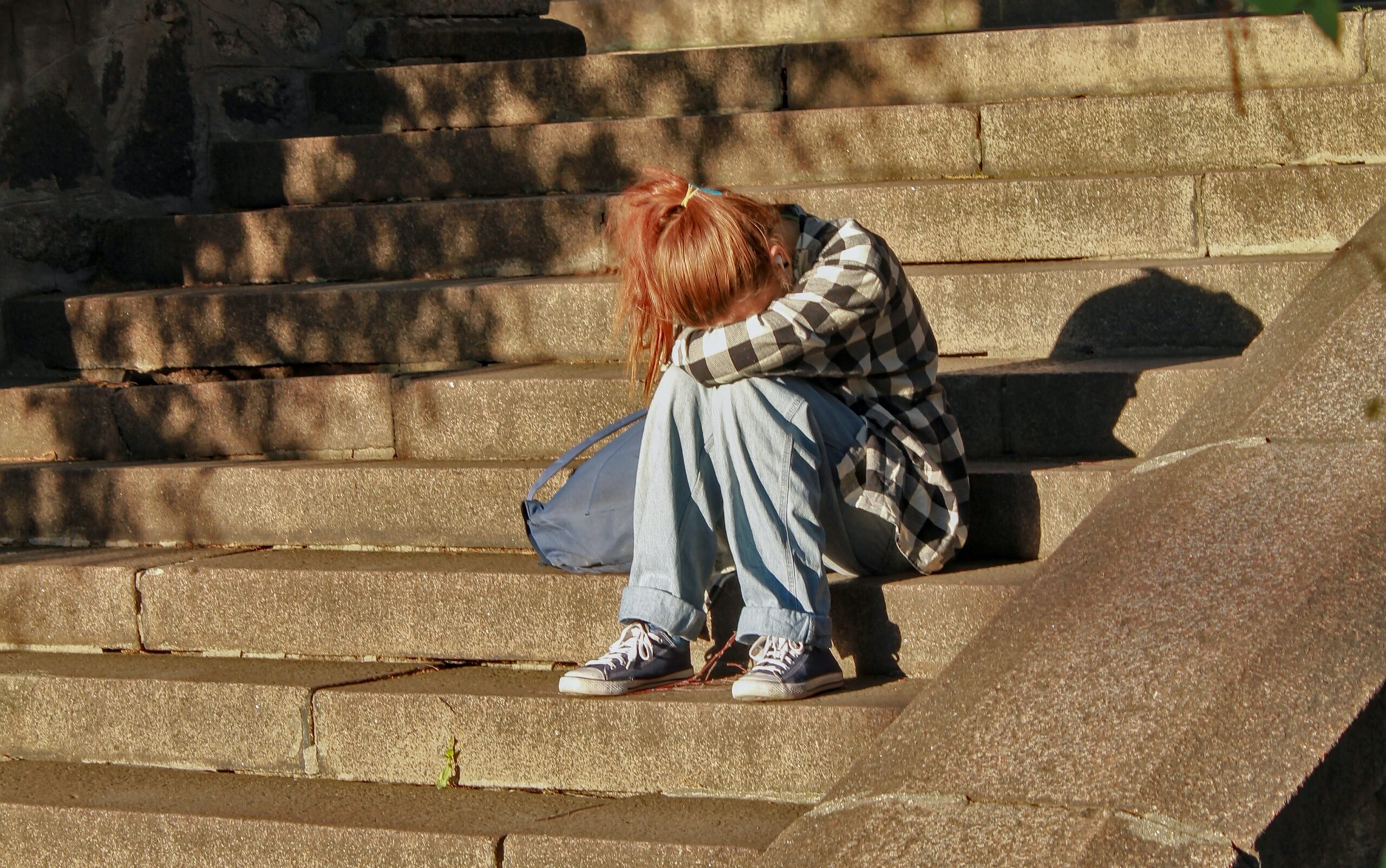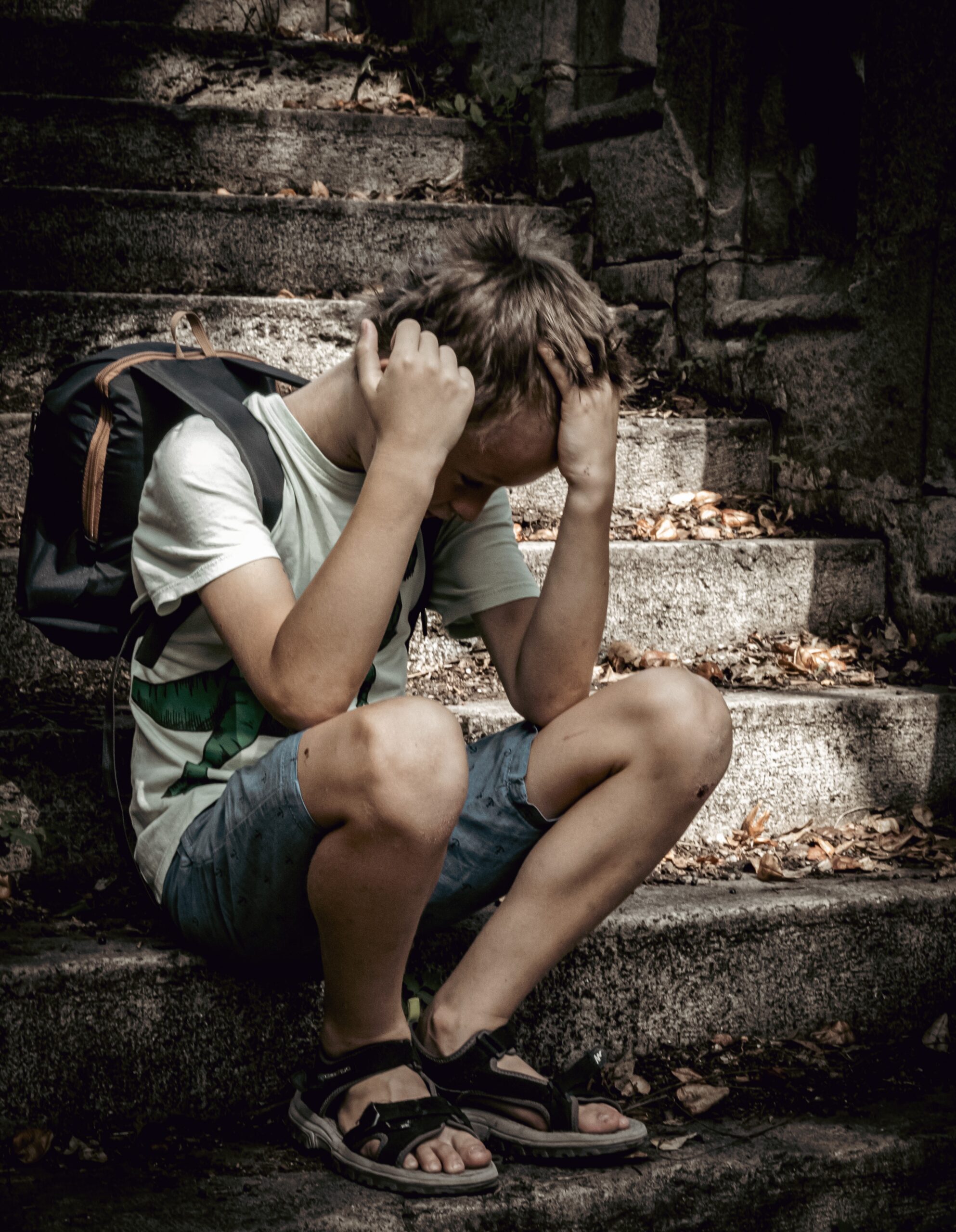Bullying in Schools
The Impact it has on Mental Health
Author: Dr. Julie. Sorenson, DMFT, MA, LPC
Bullying has been around for decades. However, the way children treat each other is getting worse. The impact of the children who are bullied can be very damaging to their mental health. Many schools are implementing programs to help decrease bullying, but it is not always practical, even with their best efforts. Some programs, however, are research-based and used in schools, showing positive results in decreasing bullying. The following Antibullying Programs have strong results if appropriately implemented with consistency:

Parents also need to be held accountable for their child's actions, remembering it is not "the school's job to fix the problem." It takes a village, and we must do better to help our kids grow into healthy adults. The media has been reporting on the damaging impact bullying can have on mental health. Bullying is continuous physical or verbal aggression towards a person or group of people by a person or group of people that is unwanted.
Bullying can happen anywhere: in schools, work, friend groups, extracurricular activities, and online. Bullying doesn't just happen to children, but this is the group this article will discuss. As a therapist and a previous school counselor, I have had the experience of working with both the victims and the bullies. I have worked in small groups and large classrooms using curriculums to decrease bullying activities. Often, I would think outside the box and use techniques to educate children about their impact on their fellow students and how to stop the behavior. I have written a book on bullying that will be released this year to continue decreasing the issue.

Technology has helped us in many ways. However, it is an easier way to continue bullying after the school day. Cyberbullying is being bullied online through social media platforms, texts, gaming, and any platforms that share content digitally. 15.7% of high schools were bullied electronically, according to the Centers for Disease Control, 2023. The pandemic has allowed youth to be more connected to their peers digitally, and for some children, it is one of the few ways they communicate. L1ght is an organization that tracks online bullying and harassment and has indicated that online bullying has increased by 70%. Cyberbullying doesn't allow children to get away from their bully. Back before phones and the internet, those who were bullied were able to escape it once they got home, but that type of harassment was still difficult to manage. Just think of the kids today. They are not able to escape their bully or bullies, as it can be in their face 24-7 with online forms of bullying.
The impact of bullying can have intense, severe, long-lasting adverse effects on overall well-being and mental health. Even being a witness to bullying can impact someone's well-being. Often, people who have been bullied report feelings of, but not limited to:
- Rejection
- Exclusion
- Isolation
- Low self-esteem
- Depression
- Anxiety
- And possible PTSD (Post Traumatic Stress Disorder)
According to research, the long-term effects of bullying could lead to:
- Violence
- Substance Abuse
- Risky Sexual Behavior
- Poor Social Skills
- School Anxiety
- Poor Academic Achievement
- Poor Attendance

When a child is bullied at a young age, it can affect them well into adulthood if they don't have the proper tools to assist them in combating the lifelong psychological damage. Speaking with a therapist can be very helpful in building children's self-esteem and processing through the effects of bullying. Being bullied as a child could lead to:
- Difficulty trusting others.
- Low self-esteem
- Difficulty figuring out who they are.
- Difficulty building and maintaining relationships.
- Anger toward self or others
- Irrational thoughts and negative cognitions.
As a parent, you are your child's best advocate. You have the power to talk to the school and try to work together as a full circle to assist in decreasing the bullying for your child. Setting your child up with a therapist to allow them to talk about the feelings they are having related to the bullying or other issues in a space where they can feel safe and not judged. Additionally, setting screen time and parental restrictions. Creating rules can be challenging. However, children thrive on stability, rules, and routines and can create a balance, allowing children to engage in other activities with favorable, healthy social time. Allow for open communication so your child knows they can talk to you. If you are concerned your child is experiencing negative mental health impacts, you can reach out to Stomp Out Bullying Help Chat, which is a free, confidential online chat helping youth 13-24. If you are interested in learning more about statistics related to bullying, you can look at this resource: Pacer's National Bullying Prevention Center. As always, don't hesitate to reach out to local therapists. They are here to help you. You could look at Psychology Today to find one who may be a good fit for you.
References
Gaffney H, 2021, Effectiveness of school-based programs to reduce bullying perpetration and victimization: An updated systematic review and meta-analysis. Cambelt System Review, 2021 Apr 5;17 (2) e1143. doi: 10.1002/cl2.1143. PMID: 37131921; PMCID: PMC8356322
Warner M, 2021, The impact of bullying on mental health, Psychiatric and Behavioral Sciences
